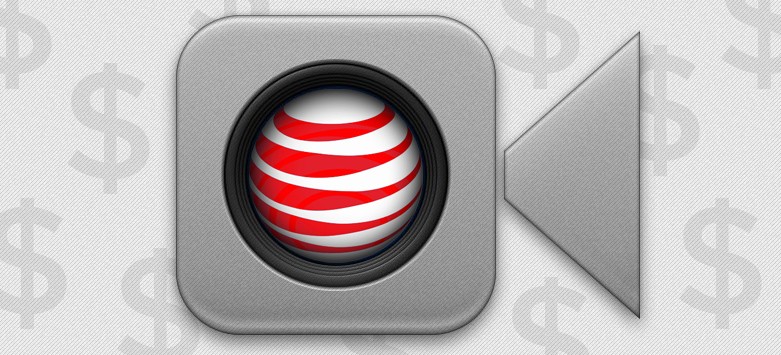
AT&T's FaceTime Blocking Puts the Screws to Its Deaf Customers
On Wednesday, Apple will unveil the latest iPhone for its fans to drool over, and its detractors to mock. This annual ritual has become such a big deal that economists say the iPhone launch is critical to the health of the U.S. economy.
Analysts and amateur speculators around the globe have already come to a consensus about what the new device will look like, and what its capabilities will be.
4G LTE? Check.
Thinner, bigger screen? Check and check.
Mobile FaceTime? Um … asterisk?
Yes, AT&T, the universally loved carrier, will block users from accessing this core feature of iOS 6 unless they are willing to shell out big bucks for one of AT&T’s unlimited voice and texting plans.
For most consumers, AT&T is just being AT&T, ignoring the needs of its customers and using its gatekeeping power to protect its legacy voice business from the disruptive forces of competition.
But AT&T’s FaceTime blocking is especially frustrating to me. I am profoundly deaf. For me and my family, mobile FaceTime offers the promise of a seamless, one-touch communications solution that will allow me to communicate in my natural language, American Sign Language (ASL).
As I expressed in a recent opinion piece I wrote for Wired, I’m not looking for special treatment and I’m not trying to abuse the system. I just want to be able to use the data I pay for on the device I paid for.
Yes, it’s ridiculous that AT&T is telling me and all other deaf and hard-of-hearing customers that we have to buy unlimited voice minute plans to use FaceTime on our iPhones. But it’s even worse than that. I own a new iPad that runs on AT&T’s 4G LTE network. Yet if I want to make a FaceTime call on my iPad — a device that isn’t designed to make cellular phone calls — I have to first sign up for an unlimited voice and texting plan. Just think about that for a minute.
Most people get why AT&T’s FaceTime blocking hurts the deaf and our families, but I’m also seeing some commenters telling me to jailbreak my devices or use an app like Skype that AT&T has said it won’t block.
I work in tech. I could jump through these hoops. I might even be able to convince my wife’s family to jailbreak their devices. But I shouldn’t have to.
Part of the appeal of Apple’s iDevices is their ease of use. If I want to make a FaceTime call, I open up my contacts list and press a single button. But if I want to make a Skype video call, I have to register with Skype, launch the app, pick out the person I want to call, and hope that they’ve got Skype up and running on their device.
So while I may not have a hard time getting around AT&T’s barriers, many other deaf and hard-of-hearing users will. And for what? So we can help prop up AT&T’s voice business at a time when the market is deciding that over-the-top Internet alternatives are better?
Unless AT&T gets the message loud and clear that this is an unacceptable way to treat its customers, FaceTime blocking will be the tip of the iceberg. In a normal market, consumers could vote with their wallets. But this market is anything but normal, and all the barriers the carriers throw up make switching hard to do. And even if they could, the options are limited. Verizon is requiring all new customers to buy unlimited voice plans just to use their mobile data.
Hopefully AT&T will see all the negative attention its FaceTime blocking is getting and reverse course before iOS 6 launches. But we have Net Neutrality protections just in case the company doesn’t do the right thing. The FCC needs to step in and protect users, so I encourage you to click here and tell the agency to stop AT&T's anti-consumer behavior.
If you care about protecting consumers from corporate abuse, please consider a donation to the Free Press Action Fund.